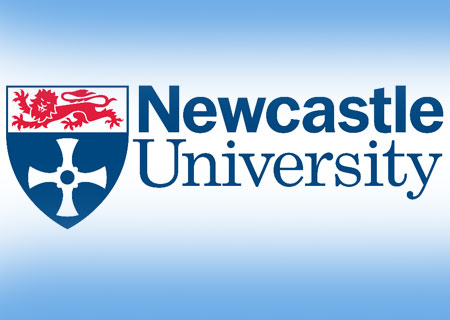According to a new lung transplant trial that’s being lead by Newcastle University and Newcastle Hospitals NHS Foundation Trust in the UK, the possibility of an increase in the number of such usable donor organs could be within view. The solution behind making this particular organ feasible for a transplant lies in cleaning and aerating it before use.
The freshly developed technique has apparently been successful in 8 patients already. The Develop-UK study will attempt to push this progress even further by enlisting various lung transplant centers in the nation to test the method. Dubbed ex-vivo lung perfusion (EVLP), it involves converting unusable donor lungs into ones that can be employed in transplants quite safely.
Professor Andrew Fisher who is leading the research team running the Develop-UK study, explained, “Unfortunately lungs are an incredibly delicate organ and they are easily damaged by events that happen before their removal from the donor. If we can make more of the donor lungs currently turned down available for transplant that will be a great benefit to many patients whose lives are severely limited by their severe breathing problems. We know already from experience in a small numbers of patients that this technique can work, we now need to prove it on a large scale, so that EVLP can be rolled-out across the country as a new technology in lung transplantation.
The process which has been outlined has the donor organs cleaned and their functioning enhanced by the fact that they’re hooked up a specially altered heart-lung bypass machine. During this procedure, a nutrient liquid is pumped through the lungs and they are simultaneously provided with oxygen courtesy of a breathing machine.
At present, only 1 in 5 potential donor lungs in the UK are touted as fit to be used for transplants. The new method of cleansing them could possibly improve the odds for those awaiting a chance to breathe happy.

